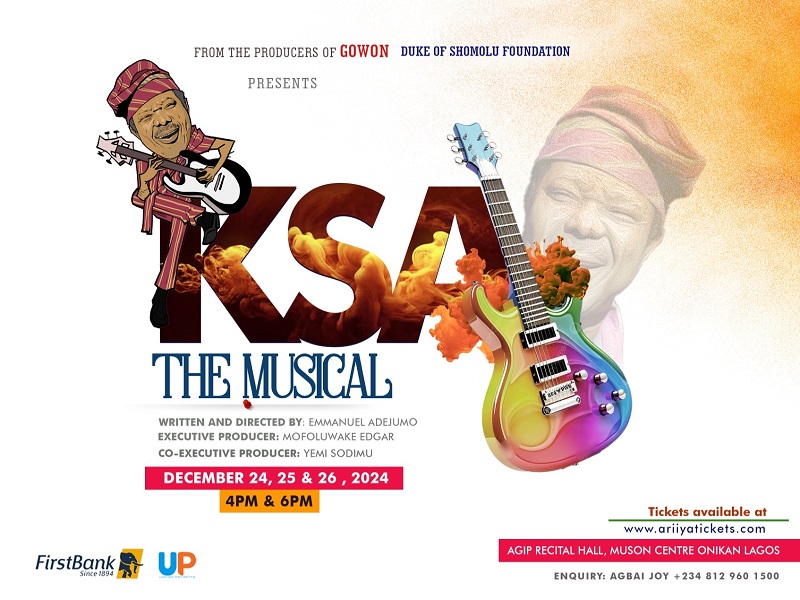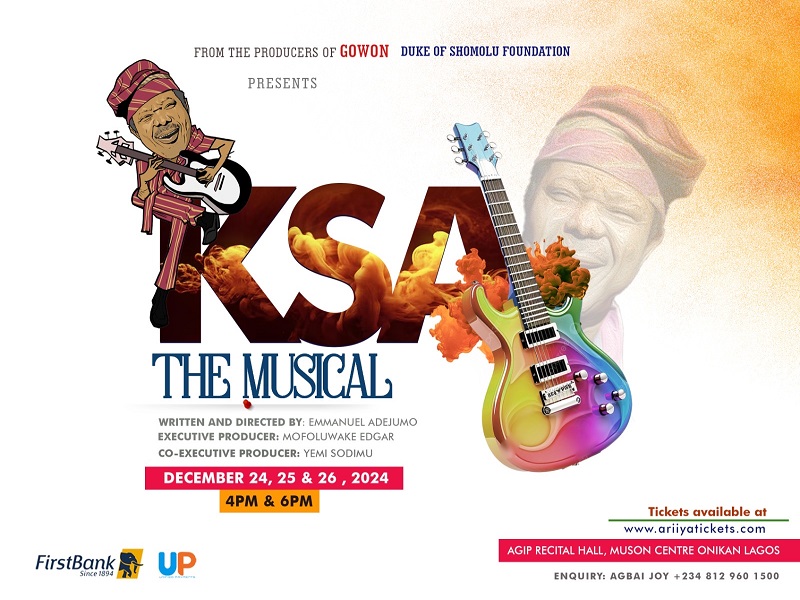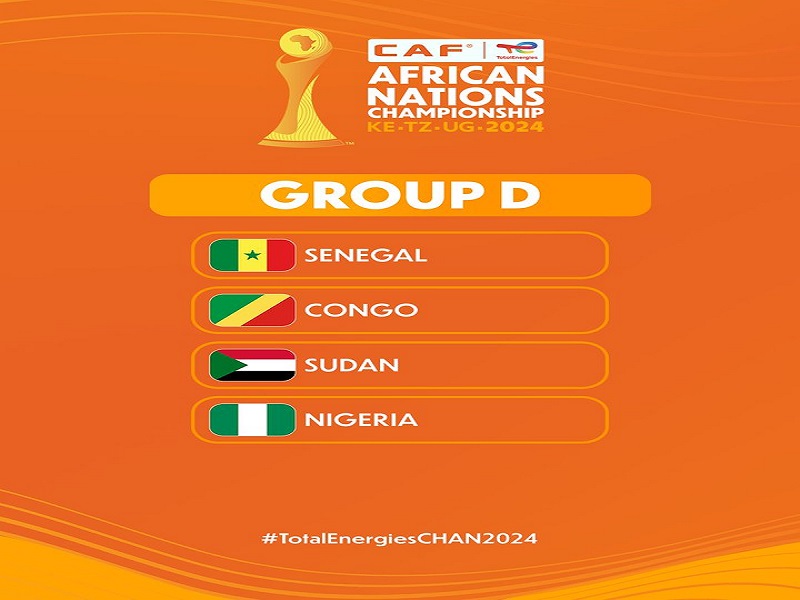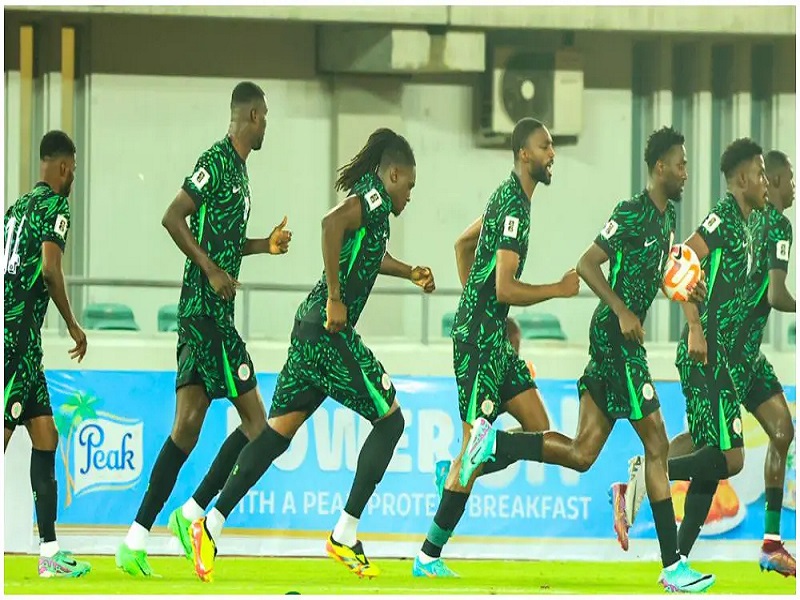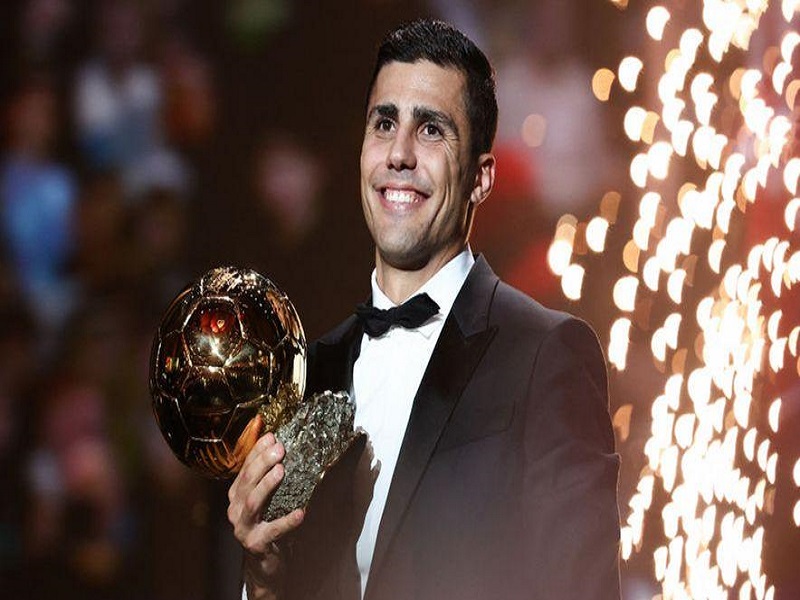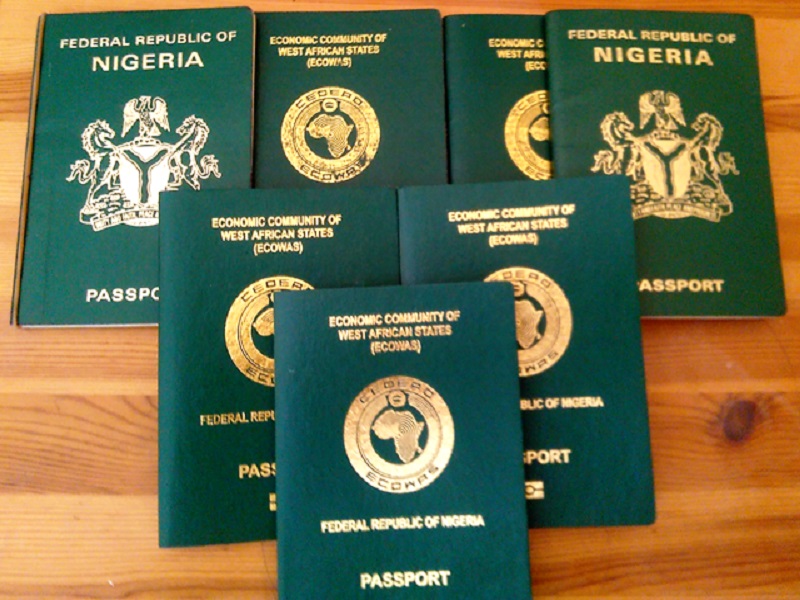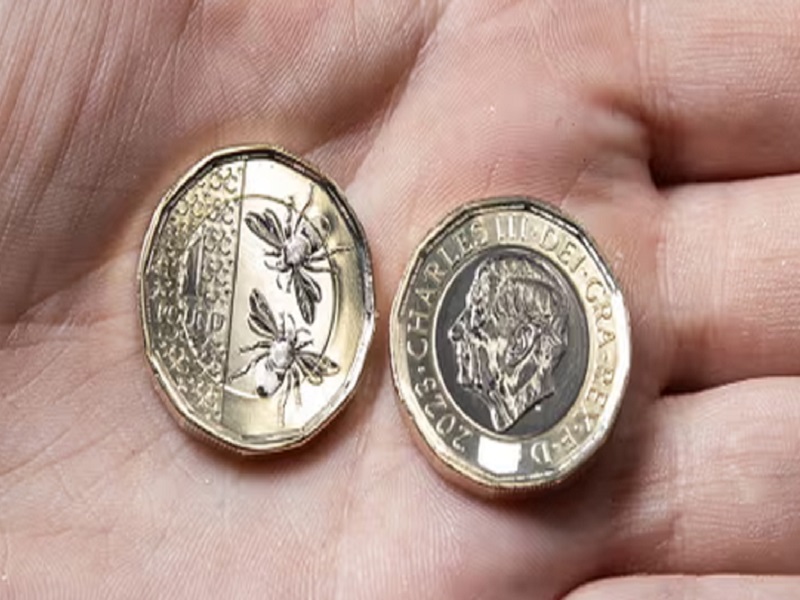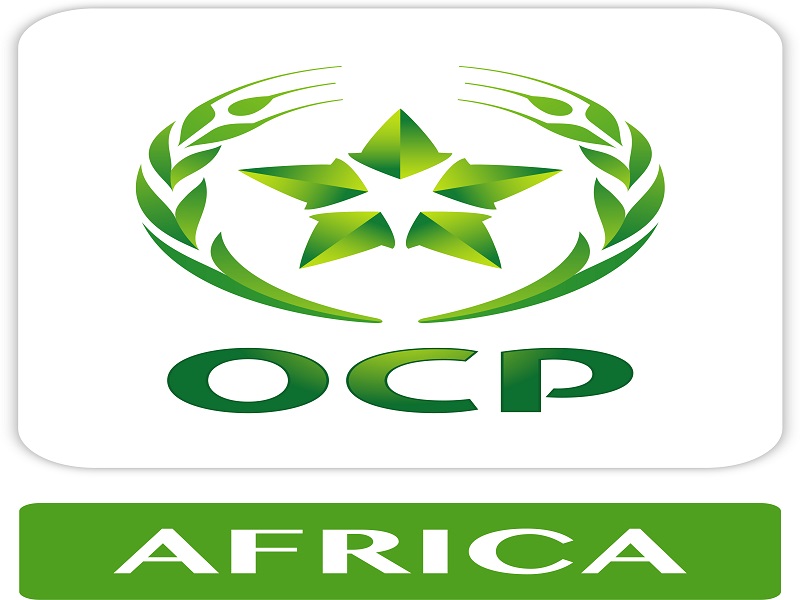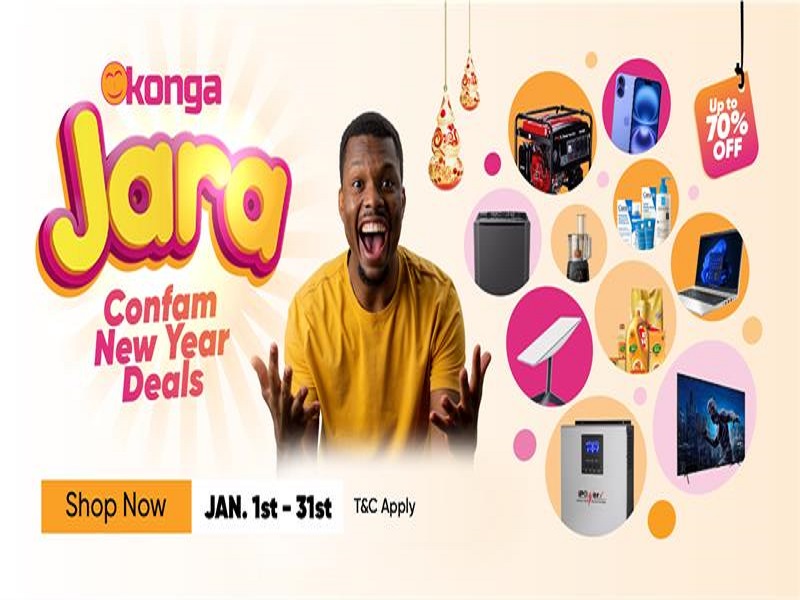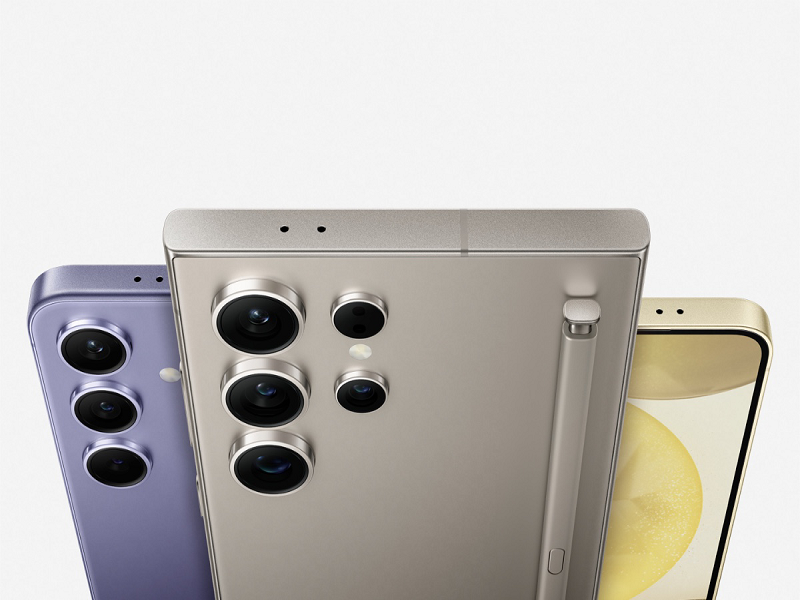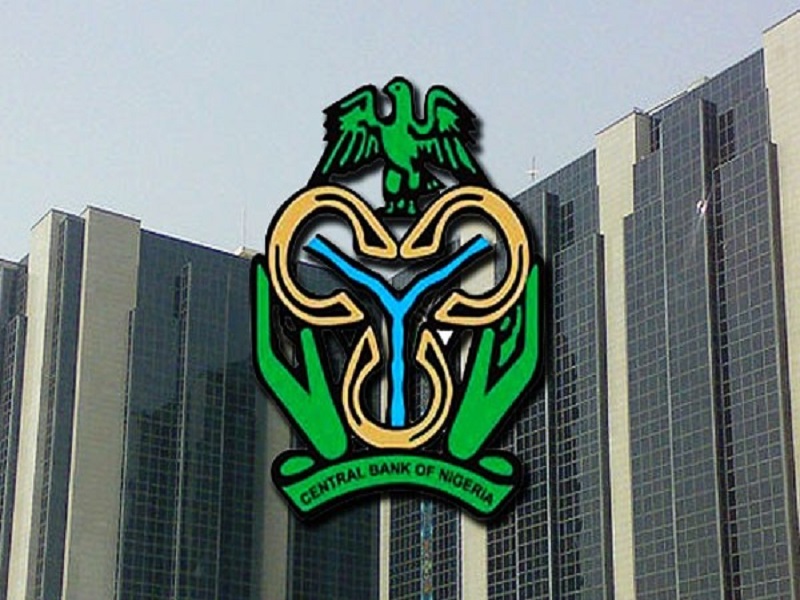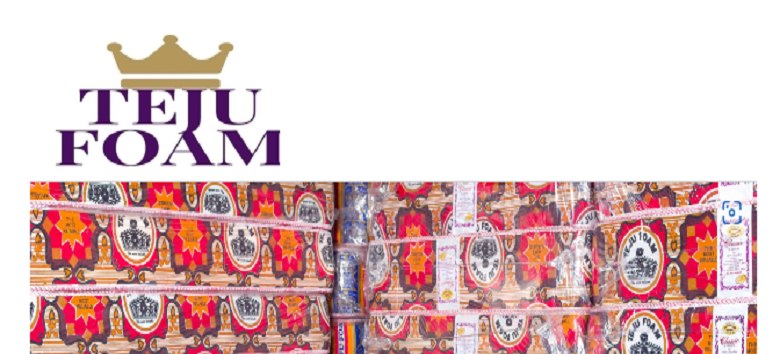The Nigerian smartphone market is a highly competitive one, with several major brands vying for market share. A report on Statista put the number of current smartphone users in the country to between 25 and 40 million.
Yet it projects that by 2025, the number will rise rapidly to roughly 140 million. It also estimated that revenue in the segment will hit $9.39billion in 2023. This makes Nigeria a tantalizing prospect for smartphone brands.
Over the last few years, the growth potential in Nigeria has triggered an influx of smartphone brands into the country. But while some of them have met success in Nigeria, others have not been so fortunate.
This article will highlight the winners and losers in the highly competitive smartphone market.
Winners
According to a recently released report by Orange Business Intelligence Technology ( ORBIT), Tecno is the most used smartphone brand in Nigeria. The brand is said to account for more than 50% of the smartphone market in Nigeria.
Little known in its home country China, Tecno, which made an entry into the Nigerian market in 2007, has expanded into 35 other countries. It has dominated major markets such as Nigeria, Tanzania, Kenya, Cameroon, and Ghana.
Experts believe that the reason why Techno has enjoyed success in Nigeria is because it understands the uniqueness of the African mobile market and developed smartphones best suited to the African people and cultures.
“Tecno stayed true to the maxim “Think globally, act locally,” thereby achieving great success in translating advanced technology into superior localized products,” Geeta Singh, a market analyst, said.
Tecno’s success highlights how a small company was able to win the African market by leveraging its accurate brand positioning; the sophisticated, innovative features of its products; and localized manufacturing capacity.
Despite its phenomenal success in Africa, TECNO has several challenges ahead. These include protecting the brand from counterfeit products, fierce competition, and a slowing African economy.
Infinix
The ORBIT report also stated that Infinix is the second largest smartphone brand in Nigeria in terms of usage. Interestingly, both phones are made by the same Chinese company.
And like Tecno, Infinix owners understand the local market and design its product to meet the unique needs and preferences of the consumers. This includes offering dual-SIM capabilities and optimizing the phones for use with popular apps and services in Nigeria.
iPhones
Still in the ORBIT report, iPhones were surprisingly rated as the third most used phones. This underlines the fact that consumers continue to love iPhones despite their high cost.
According to experts, the reason why iPhone ranks high is because Apple has built a strong brand reputation over the years, and Nigerian consumers perceive iPhones as a status symbol. So, owning an iPhone is seen as a statement of affluence and sophistication.
iPhones are also reputed for high quality and durability. This is a crucial factor for the Nigerian consumers who are willing to pay a premium for products that will last long.
Samsung knocked off the perch
Until a few years ago, Samsung was the leading smartphone brand in Nigeria. That position now belongs to Tecno. Samsung has lost significant market share to the influx of China phone brands into Nigeria.
These brands have eaten into Samsung’s market share, particularly in the mid-range and budget smartphone segment. The economic downturn has also played its part in Samsung’s misfortune, as many Nigerian phone users have been opting for more affordable smartphones, which has impacted Samsung’s sales.
Yet, amid the downturn, Samsung is still a huge brand name in Nigeria largely as a result of its high quality, durability and other exceptional qualities.
Nokia: Nokia was once the dominant player in the Nigerian mobile phone market, but its popularity has declined significantly in recent years. This is due in part to the rise of smartphones and Nokia’s inability to keep up with the latest technology.
For instance, smartphones with large touchscreens, high-resolution cameras, and advanced operating systems have become more popular among Nigerian consumers.
But crucially, Nokia’s brand perception may have changed over the years, with some consumers perceiving it as not as trendy as other brands. This may have affected its appeal to Nigerian consumers who value style and fashion.
MARKETING EDGE



